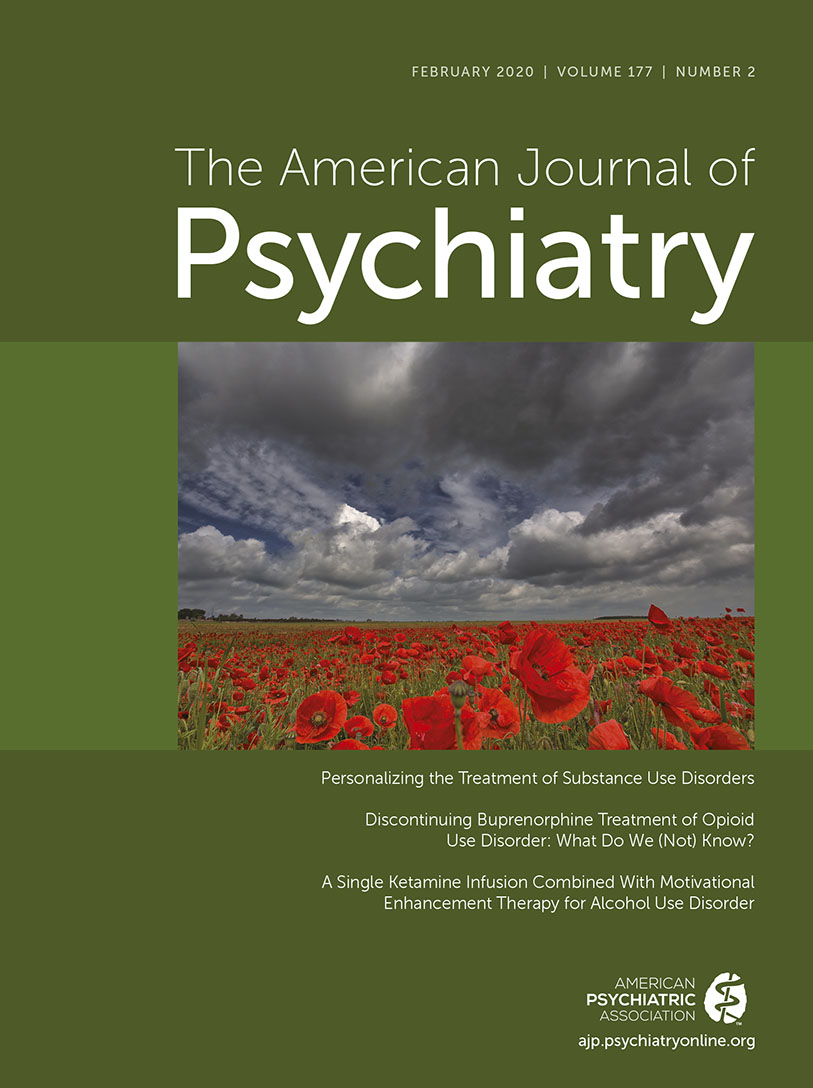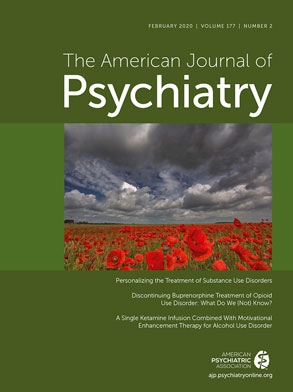to the editor: One of the most potentially important results in Kaster and colleagues’ report, “Trajectories of Response to Dorsolateral Prefrontal rTMS in Major Depression: A THREE-D Study,” published in the May 2019 issue of the
Journal (
1), is the observed association between benzodiazepine use and poorer outcome to repetitive transcranial magnetic stimulation (rTMS). Benzodiazepine use emerged as the only modifiable clinical factor that was significantly associated with poorer response to rTMS treatment. This provocative finding from exploratory analyses of the THREE-D trial (
2) is even more compelling in view of a contemporaneous report on concomitant medication use and rTMS treatment outcome in a large independent data set (
3). Hunter and colleagues’ exploratory analyses of 13 medication categories found benzodiazepine use as the only category that was associated with poorer outcome to an acute course of rTMS (
3). Further similarities across the two studies are of note. First, neither study found any evidence of anxiety as an explanation of the effect. Second, both studies suggest that the benzodiazepine effect may be most pronounced in the first few weeks of rTMS treatment. In the Kaster et al. trajectory analyses, benzodiazepine users were underrepresented in the “rapid response” group (
1), whereas in the Hunter et al. analyses of improvement in symptom severity at weeks 2, 4, and 6, the largest deficit in benzodiazepine users was seen at week 2. Given similar results across these two studies (
1,
3) of 388 and 181 participants, respectively, it seems reasonable for clinicians to consider reductions in the clinical use of benzodiazepines during rTMS treatment. The high rates of benzodiazepine use reported in these cohorts (i.e., 40% [
3] and 32% after excluding “high-dose” benzodiazepine use [
1]) indicate that a substantial subgroup of patients may be at risk of poorer outcome. Prospective research is called for to elucidate the possible basis for a causal relationship between benzodiazepine use and poorer rTMS outcome, as well as to determine whether certain classes of medications may enhance rTMS treatment outcomes. Kaster et al. did not identify any antidepressant augmentation or combination that was associated with better response to treatment, whereas Hunter et al. found that the use of stimulants was associated with greater clinical improvement during rTMS. Overall, these two studies highlight the importance of the field of pharmacotherapy-TMS research in order to optimize treatment outcomes.

